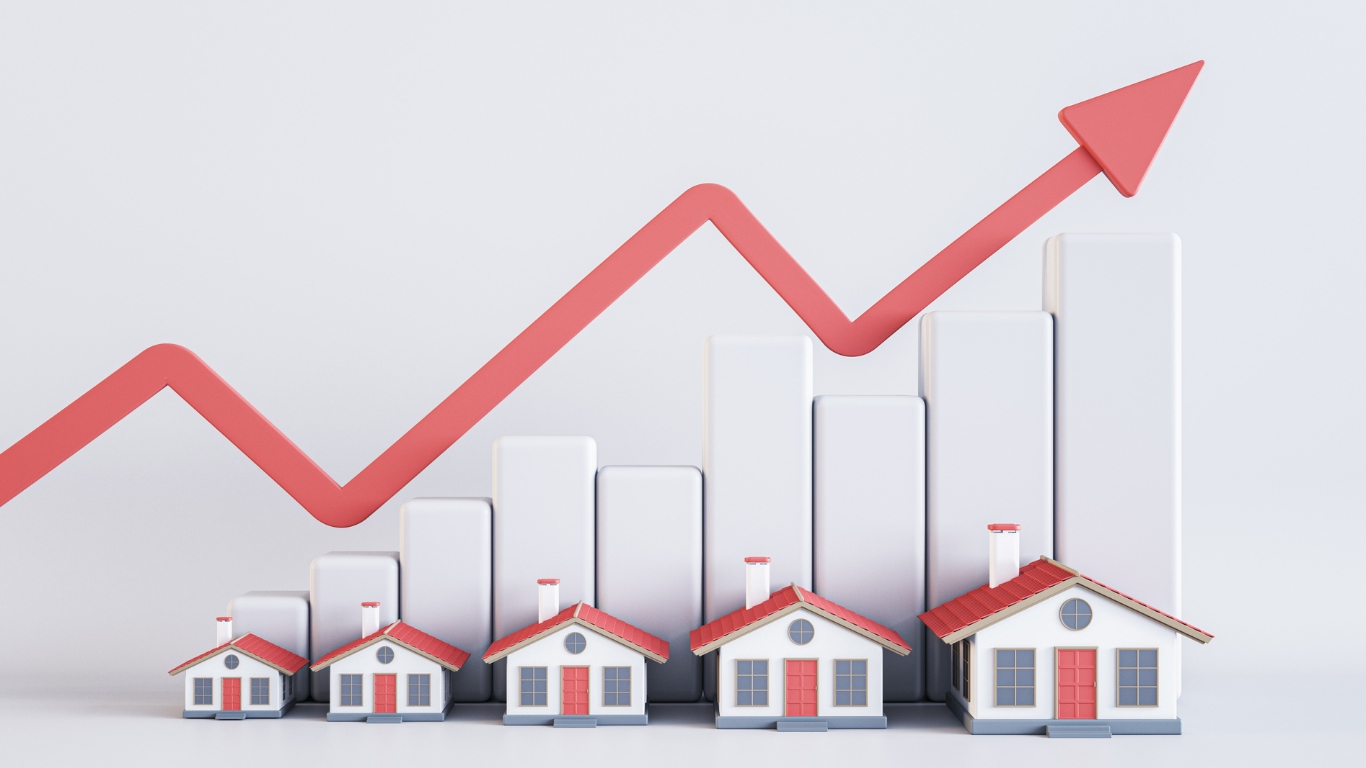By John David Sarmiento
•
April 11, 2025
Setting the right rent isn’t just about earning income — it’s about finding the balance between maximizing cash flow and keeping your property consistently occupied. So, what exactly is fair rent for your property? Whether you're renting out a single-family home, an apartment, or a unit in a multi-family building, finding a fair rental price starts with a thoughtful look at your property, your market, and what today’s renters are willing to pay. Start with Comparable Rentals The best way to find a fair rent is to research comparable rentals in your area. Look for listings similar in: Square footage Number of bedrooms and bathrooms Neighborhood Condition and amenities Platforms like Zillow, Apartments.com, or Rent.com are a great place to browse rental listings and compare active prices. If you’re seeing similar units listed at a higher rate than yours — and they're still on the market weeks later — that could be a sign they’re overpriced. Units that rent fast tell you what renters are actually willing to pay. Real Example: Pricing a 2-Bedroom in Long Beach Let’s say you own a 2-bedroom, 1-bath apartment in Long Beach with around 900 square feet. You check listings and find similar properties renting for $2,300 to $2,500. Zillow shows a rent zestimate of $2,400 — a decent starting point, but not the full picture. After looking at how long listings have stayed active and talking to a local property manager , you find out that well-maintained units with in-unit laundry and parking are consistently getting rented at $2,350. You price your unit accordingly, giving yourself a competitive edge while still earning market value. Avoid Relying on Algorithms Alone Automated pricing tools like the rent zestimate are useful for a ballpark figure, but they often miss local demand shifts, recent upgrades, or what renters truly value in your neighborhood. Use them as one data point — not your final decision-maker. Other Factors That Influence Fair Rent Your final rent amount should reflect more than just comps. Consider: The property’s condition: Have you renovated or upgraded appliances recently? Extras included: Are you covering any utilities? Is there secure parking or outdoor space? Seasonality: Rental demand can vary throughout the year. Your goals: Are you focused on fast occupancy or maximizing revenue? Professional support: A trusted rental manager or property manager can offer current insights based on tenant activity, vacancy rates, and pricing trends. How Property Managers Help You Set the Right Price If you're unsure what to charge, a local property manager can evaluate your unit, compare it to others in your area, and recommend a pricing strategy that balances demand and return. They also help adjust your price over time as rental rates shift, and they’ll guide you in attracting and retaining quality tenants who value both the price and the property. Final Thoughts So, what is fair rent for your property? It’s the price that matches what your unit offers, reflects the current market, and appeals to qualified renters. It’s not necessarily the highest number possible — it’s the one that helps you rent quickly, reduce turnover, and maintain steady income. With a little research, a realistic view of your property’s features, and guidance from local experts, you’ll be well-positioned to price your rental right — and keep it occupied with great tenants.










